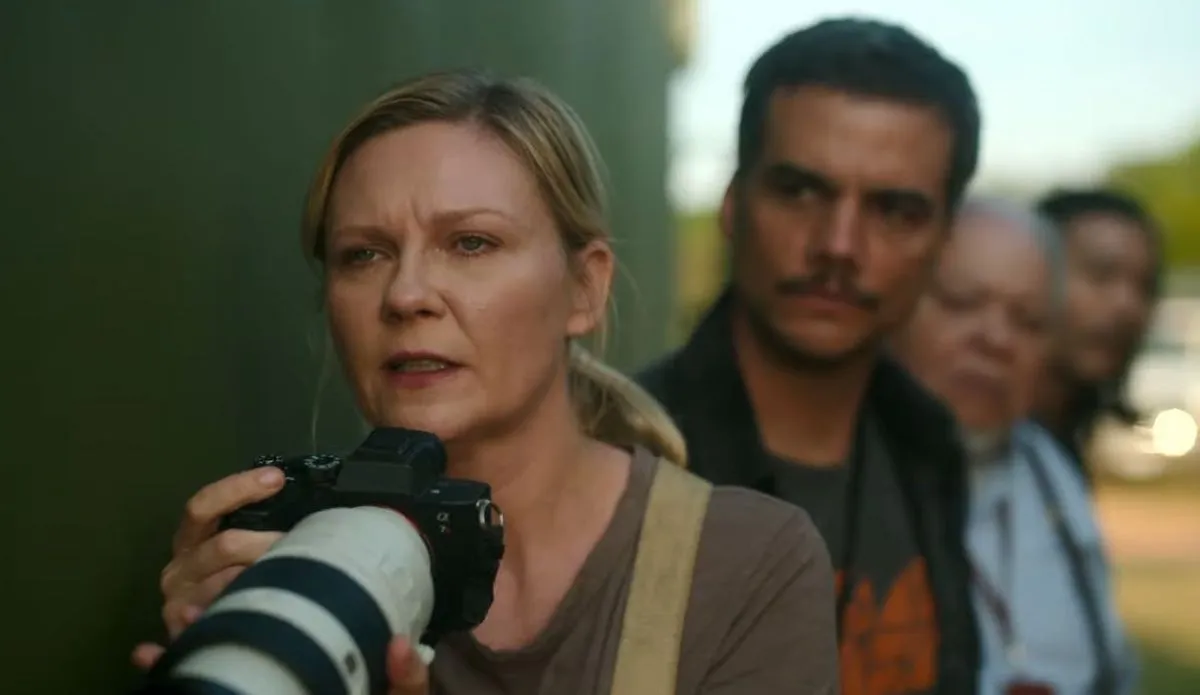Kirsten Dunst, the Oscar-nominated star of The Power of the Dog, the first Spider-Man trilogy, and the upcoming drama Civil War, has shared some insights about the sexism she’s faced over the years—and anyone who belongs to a marginalized gender might find her experiences relatable.
In an in-depth profile in Marie Claire, Dunst shares a surprising fact: after receiving the Oscar nomination for Best Supporting Actress for The Power of the Dog, she didn’t work for two years. How could that possibly be? How could an actor have trouble finding work after such an achievement?
Dunst says it was because the roles she was offered as a woman in her late 30s shrank to one specific stereotype.
“Every role I was being offered was the sad mom,” Dunst told Marie Claire. “To be honest, that’s been hard for me … because I need to feed myself. The hardest thing is being a mom and … not feeling like, I have nothing for myself. That’s every mother—not just me.”
Woof. I can relate. As a mother of two, I’ve watched professional opportunities go up in smoke specifically because of my status as a parent. I’ve had to listen to friends and relatives lecture me on how my art and career—which includes everything from carving out creative time to reading a book before bed—needs to be set aside now that I have kids. Mothers (and anyone society reads as mothers) are asked to set aside our personhood in a way that fathers almost never are.
But Dunst’s run-ins with sexism didn’t even start after The Power of the Dog. In the interview, Dunst relates how on the set of Spider-Man, crew members would call her “girly-girl” when calling her to set.
That’s one of the insidious things about sexism: it tailors itself to every stage of a woman’s life and career. If you’re young, you’re a girly-girl. If you’re older, you’re a sad mom. According to the logic of sexism, there’s nothing in between those two extremes, no outlets to express yourself outside of sex and childcare, and no way to be fully human.
At least Dunst is returning to the screen in Civil War, in which she plays a photojournalist documenting a civil war that breaks out in the United States. Obviously, there’s a place for sad moms in cinema—but women like Dunst are also so much more.
(via Marie Claire, featured image: A24)










Published: Mar 6, 2024 05:24 pm